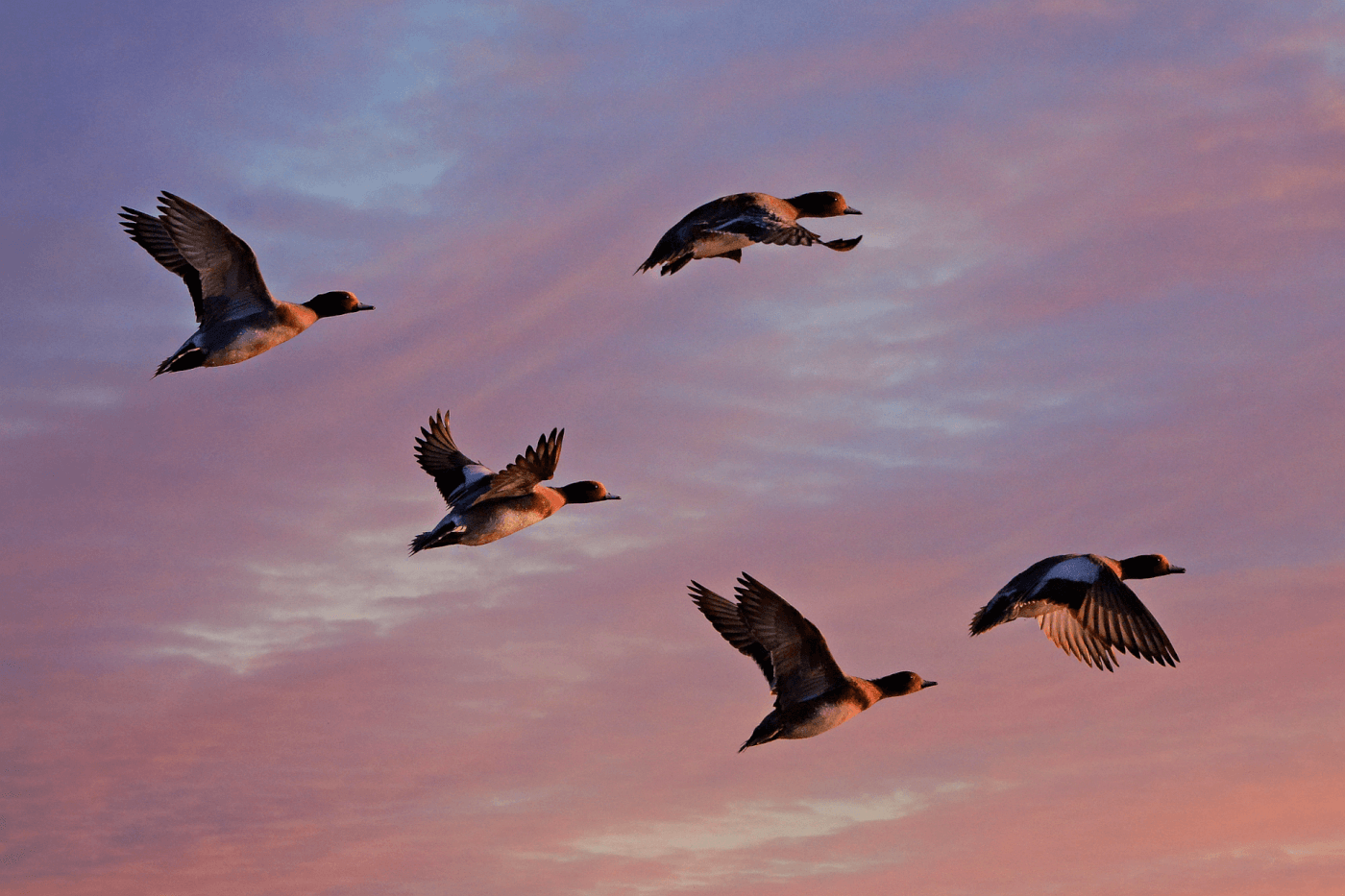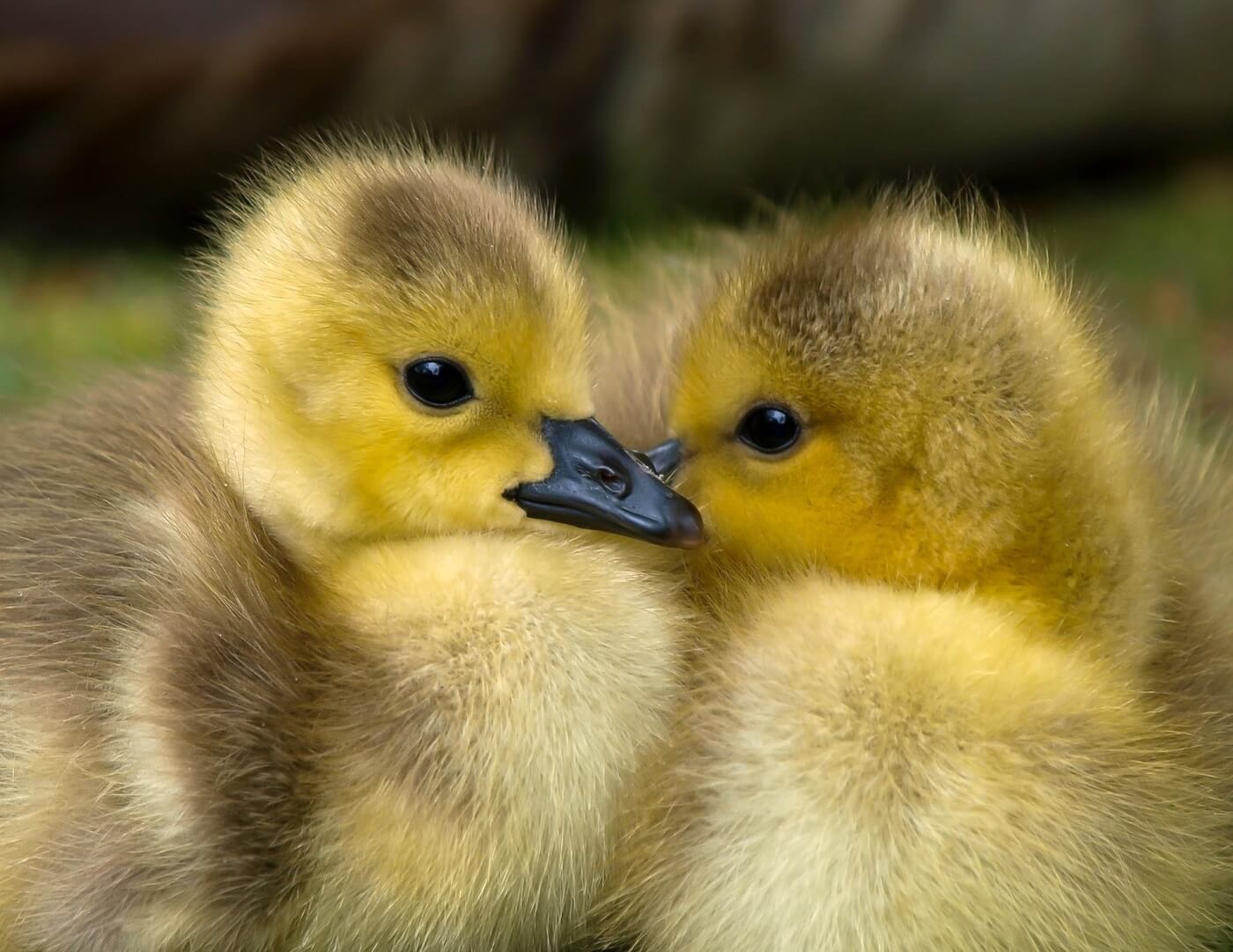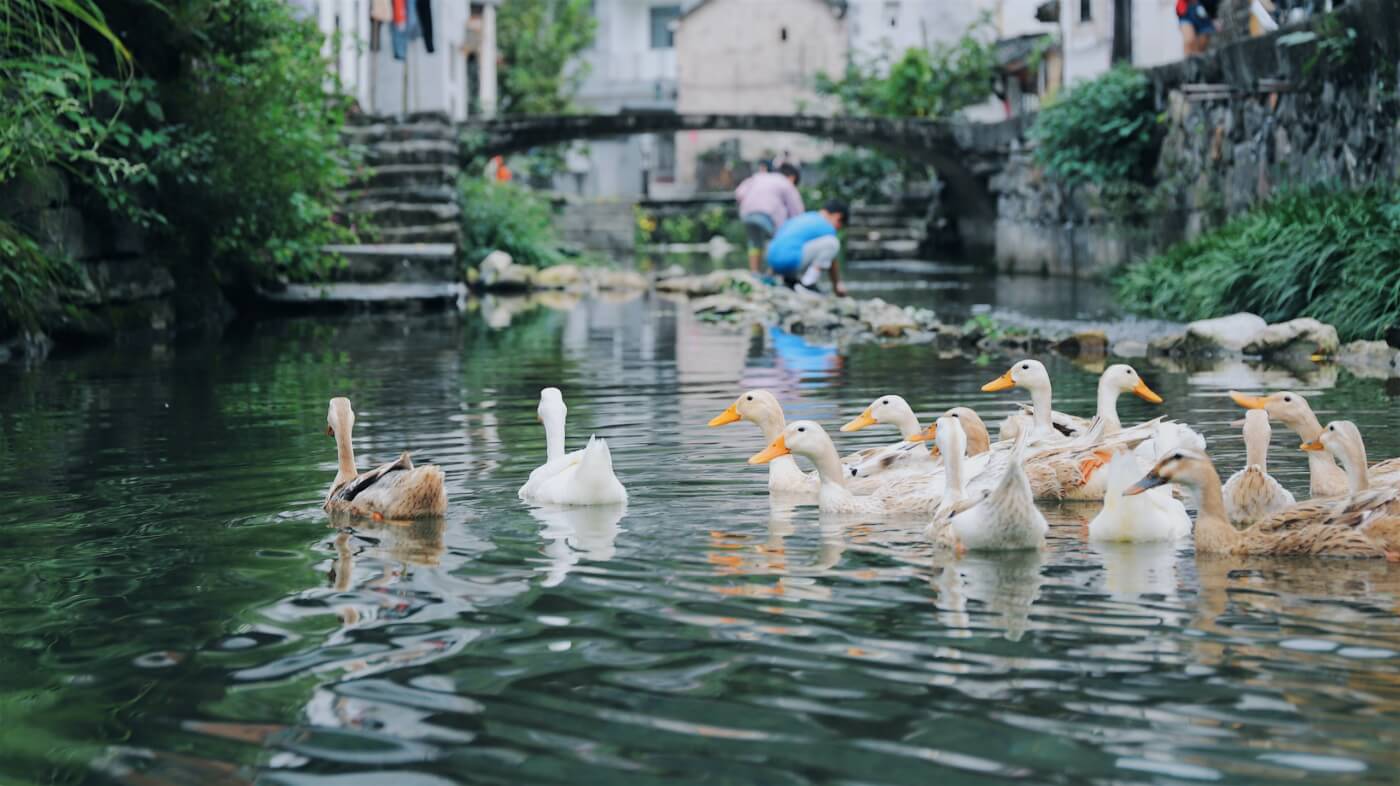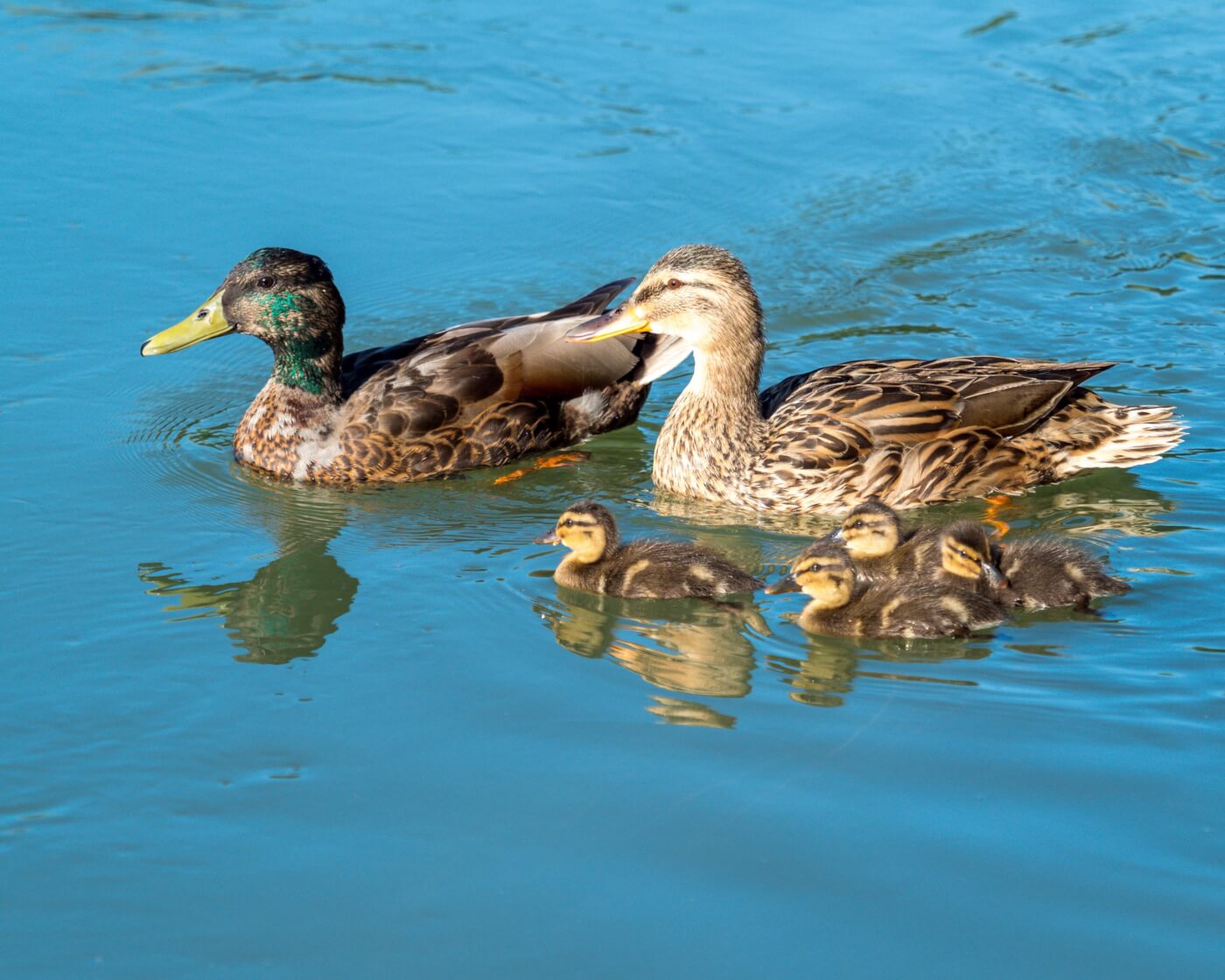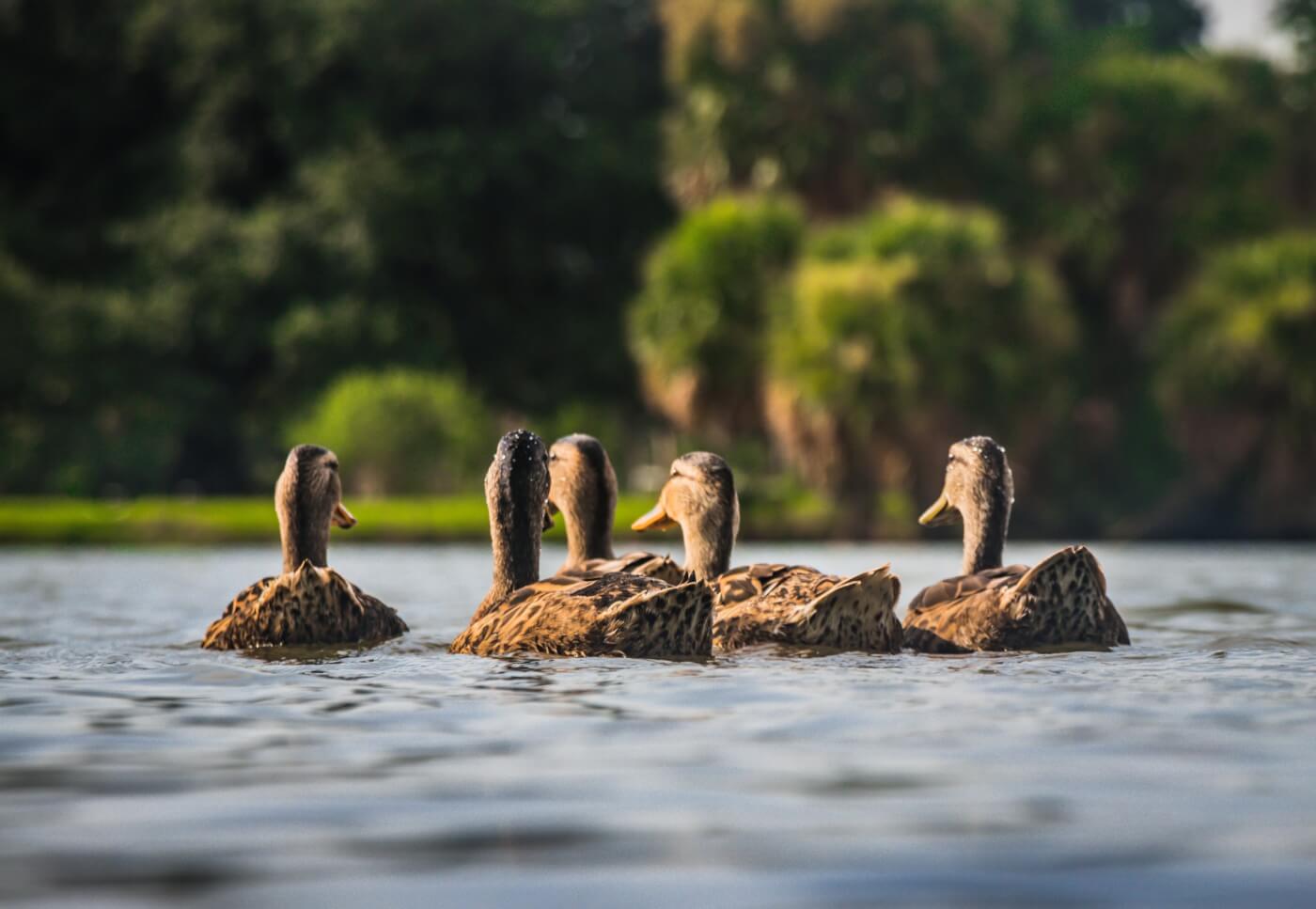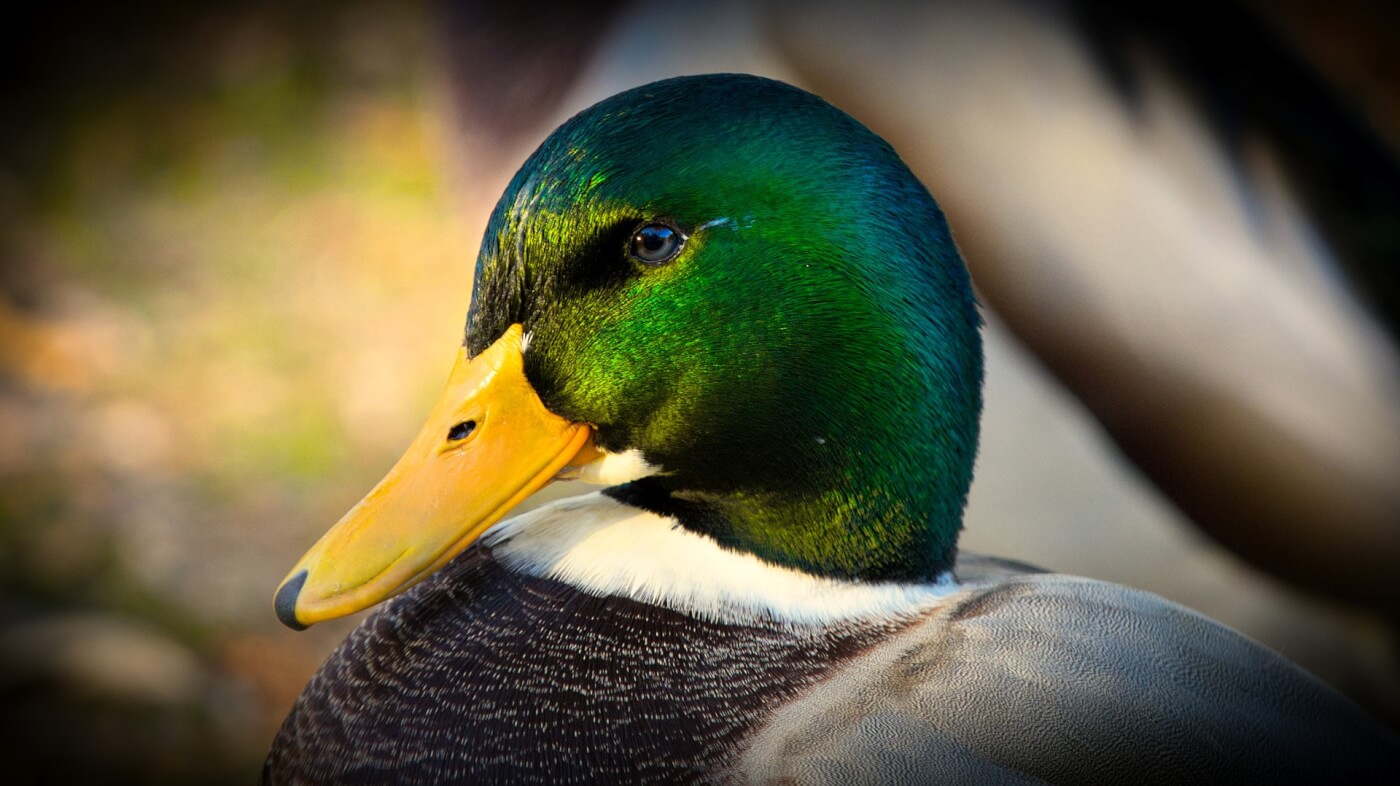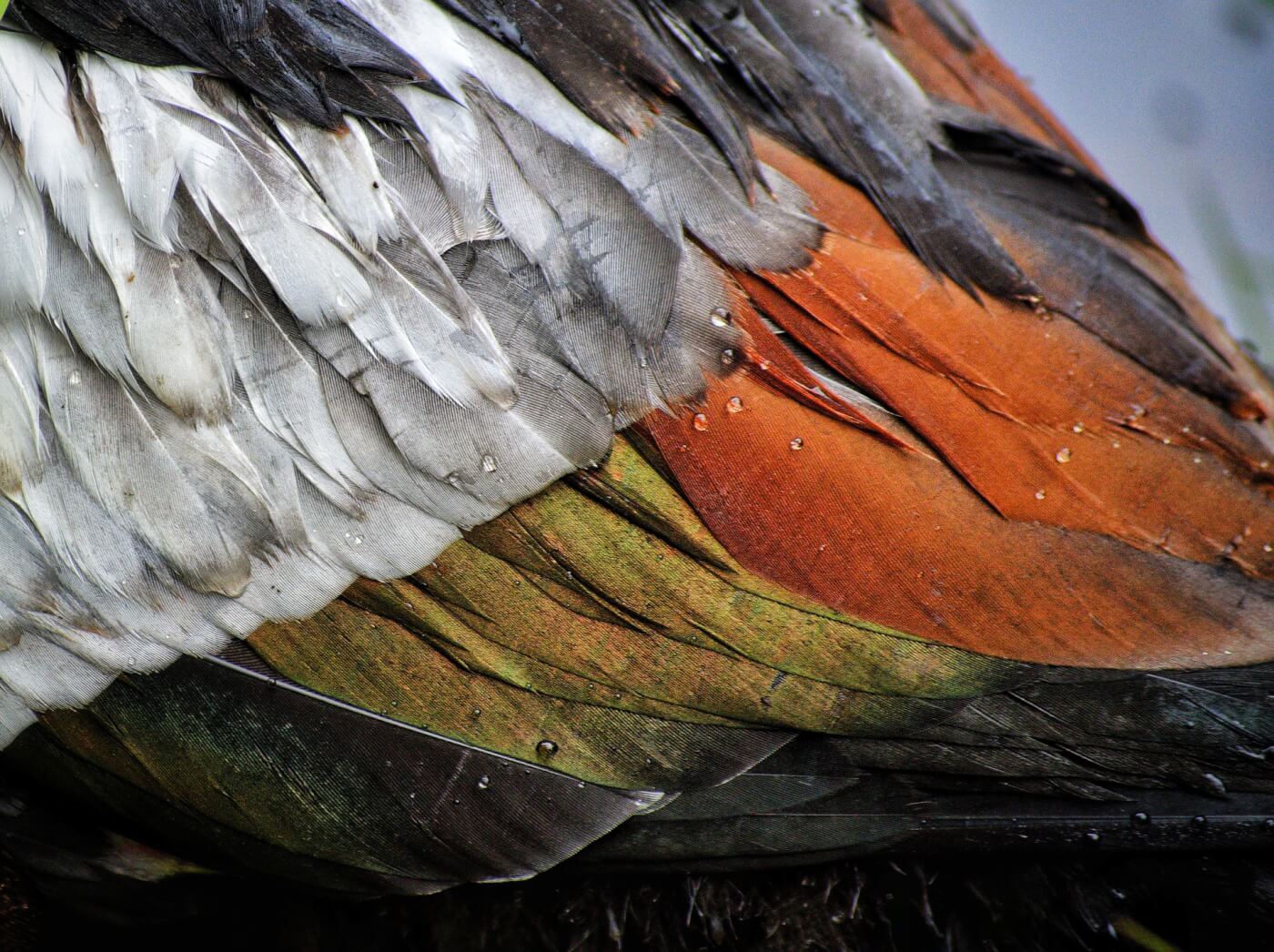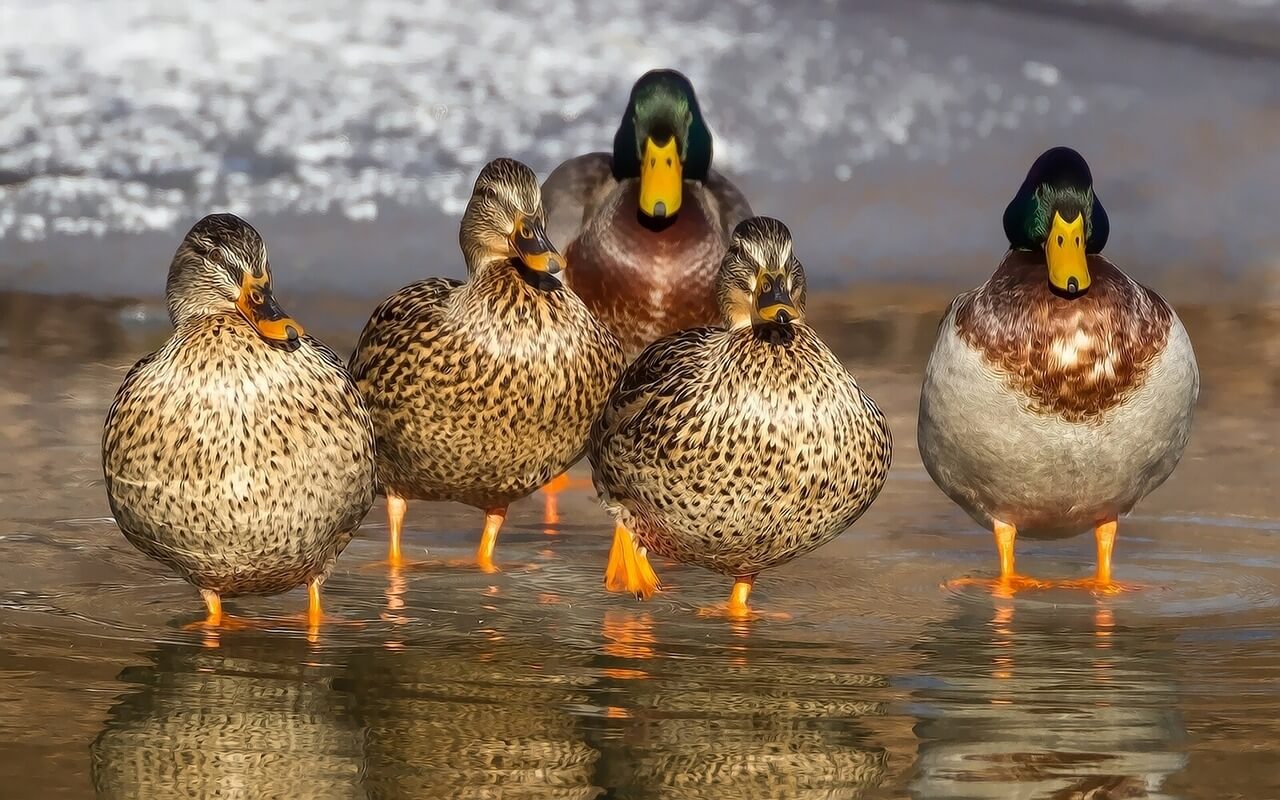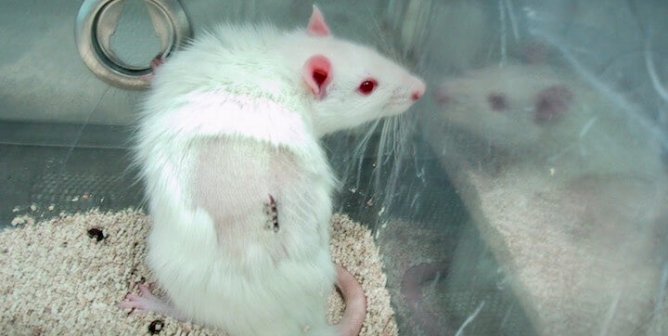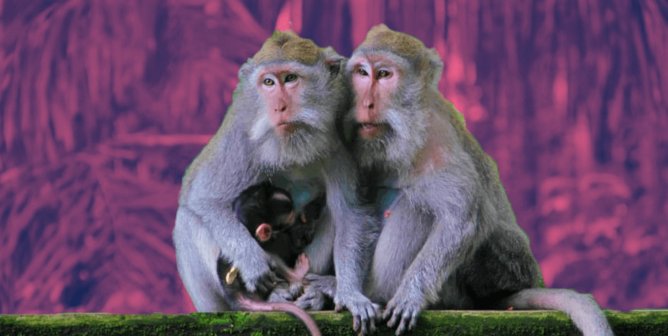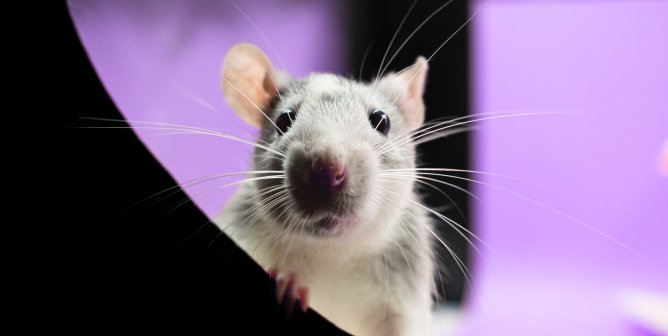Learn About Ducks and How to Take Action for Them in One ‘Fowl’ Swoop
Ducks are intelligent, feeling individuals who love spending their time relaxing on the water or foraging for food. But many of them don’t have the opportunity to live the way they want because humans torment and kill them for their flesh or feathers. Take a moment to learn more about these remarkable animals, and take a stand for ducks by refusing to eat them or purchase products made with their feathers.
Here are 10 facts that will help you get to know these feathered friends:
1. Ducks are well adapted for water, land, and air activities.
These gifted swimmers have waterproof feathers, which have a waxy coating that protects an inner layer of down, to keep them warm and dry. They can swim in cold water without catching a chill because their feet have blood vessels that are close together so they don’t lose heat. Some duck species can dive up to 240 feet below the water, and others can fly as high as 21,000 feet in the air (although most migrate at heights of 200 to 4,000 feet). They can also fly long distances, and they use wind to help them reach speeds of up to 60 mph.
2. Ducklings are loving siblings and communicate with each other before hatching.
Ducklings coordinate hatching by communicating with each other while they’re still in their eggs. Hatching at the same time is important, because sticking together as a group helps protect them from predators. After hatching, they swim and walk together, following close behind their mothers. Even as adults, ducks prefer to be in a group, which brings us to our next fact …
3. They are super-social animals!
Ducks are most comfortable when living with other ducks in their natural environment. When on the water, they congregate in groups called “paddlings,” which helps protect them from predators. In these groups, they are free to spend their days foraging for food and sleeping soundly, knowing their friends will warn them of any danger.
4. Ducks have regional accents.
Regional accents are just another example of ducks’ ability to adapt to their environment. Middlesex University researcher Dr. Victoria de Rijke recorded the sounds of ducks in the heart of London and compared them with those of ducks living in the countryside. She found that the ducks in London had a louder, rougher quack, because they had to shout above the noise of city life. The ducks in the country “made longer and more relaxed sounds.” Dr. de Rijke even noted how similar their sounds were to those of humans living in the same area.
5. Female ducks pick their favorite male ducks to mate with based on dancing ability.
When mating season rolls around, a male duck will perform complicated displays to win a chance to mate with a female. She gets to choose her favorite based on this performance and the attractiveness of his feathers. Duck mating can be a violent experience for the female, so it’s important that she be able to choose her mate. At Culver Duck Farms in Indiana, a whistleblower told PETA that he had found so many males crowded together with females that the females were “gang raped,” and their bodies were left bloody, swollen, and injured. In their natural environment, female ducks have the power of choice—that power was taken from them at Culver.
6. Free from human intervention, some ducks can live up to 20 years.
When ducks are used for meat or down, workers kill them when they’re very young, sometimes even before they’re a year old. At Culver, the only certified “humane” duck farm in the U.S., a whistleblower said that workers threw ducklings into a grinder while they were still chirping.
7. Ducks have better vision than you do.
The shape of ducks’ eyes allows them to see things near and far simultaneously and in sharp focus. And since their eyes are located on either side of their head, they are able to see almost 340 degrees around. They can also move each eye independently and sleep with one eye open to watch for predators. In a group, ducks will trade off keeping an eye open to help protect the rest of the group from danger while they sleep.
8. Duck bills are as sensitive as human fingertips and palms.
Duck bills have touch receptors similar to those in human fingertips and palms, which helps them look for food in murky water. A broken bill can cause excruciating pain, a reality for many ducks who are used in the foie gras industry, where workers ram metal pipes down their throats and force-feed them until their livers swell to up to 10 times their normal size.
9. They are meticulously clean animals.
When you watch a duck for any length of time, you’re sure to see them preening their feathers to keep them perfectly clean. Ducks also like to keep their nests free of waste and debris, which can become an issue when dangerous fishing gear ends up in their waterways or homes. Ducks can be seriously injured or killed by swallowing fishing hooks or getting tangled in discarded lines—yet another reason why fishing kills.
10. They are capable of abstract thinking and have deep emotional lives.
Ducklings can tell the difference between objects based on their color or shape, demonstrating abstract thought capabilities. They also show affection for their siblings, mothers, and paddling-mates and, like all animals, are capable of feeling pain.
*****
How Can You Help Ducks?
As long as humans continue to use ducks for their flesh, feathers, and eggs, these animals will continue to suffer. Going vegan and choosing down-free materials are great first steps. After PETA’s 2016 investigation, Harris Teeter dropped Culver as a supplier. With whistleblower footage released in 2022, we’re asking other grocers, including Sprouts Farmers Market, to reconsider their relationships with Culver, too.

